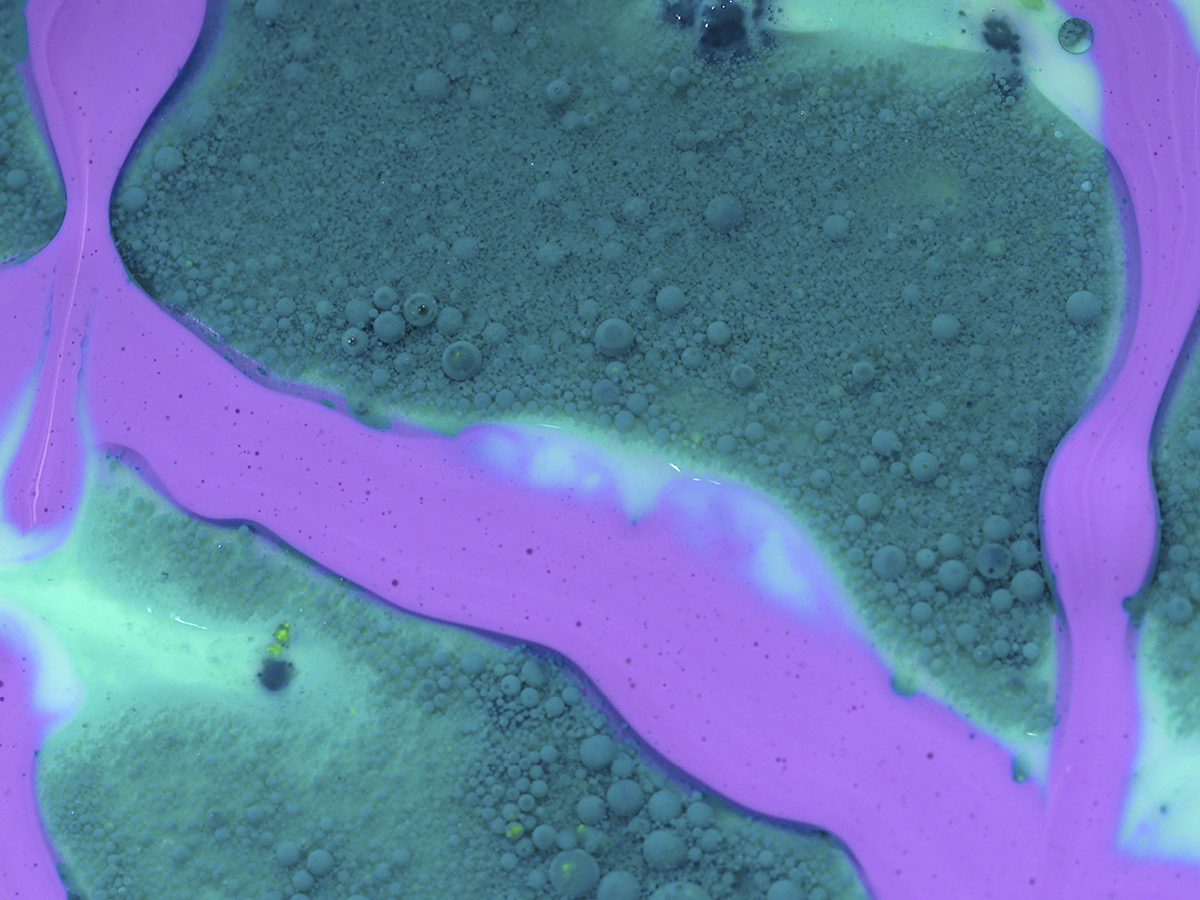Pop culture is a space of possibilities, and that’s especially true during a pandemic. And since we can’t experience that together physically, we’re making Pop-Kultur available online this year. From the 26th to the 28th of August, we’re premiering 36 audio-visual productions by artists from all over the world. But what does that actually mean?
This: elaborately produced live videos, the so-called Sessions, recorded on location in Berlin, are presented alongside the Digital Works, which were realised by the artists themselves, whether in Accra or New York. These are joined by the Commissioned Works, further interdisciplinary productions that have become a staple of the festival over the years, created over the course of months in collaboration with the artists, focusing on far more than just aesthetics. And that’s also the case with the Talks, about do-it-yourself approaches, times of crisis or the mere art of survival.
In sum, it’s a colorful mix that experiments with new ways of communicating. In other words, Pop-Kultur will become a space of digital possibilities on three evenings – and forever. How exactly? Simple: on each evening from the 26th to the 28th of August, starting at 20:20, different parts of the festival will be compiled into a show format, emphasising commonalities and embracing contrasts. A supercut of perspectives. The individual Sessions, Digital Works, Commissioned Works and Talks will also be made permanently available at our media library at www.pop-kultur.berlin after the three shows stream on the festival dates. Access is free and low barrier.
But even before the festival dates, there’s a lot to check out at www.pop-kultur.berlin and on our social media. Fanfares, already a tradition of the festival’s supporting programme, will be posted weekly on YouTube and other channels, presenting short musical pieces with musicians like Tuvaband, Die Wilde Jagd, Evija Vēbere, Monako or Kaltenkirchen showing their strengths in small bursts.
The young illustrator Jammerpunk is drawing artists from this year’s line-up, using their music as a guide. And Mevlude Kosumi is taking over our Instagram every Friday with the slogan: Galouchë Galore! Meanwhile in the Museum of Masculinities, Caren Miesenberger is using the principle of the readymade to put male self-presentation on dating apps to the test.
We’re happy to say that there’s even more in our programme: Ted Gaier of Die Goldenen Zitronen will meet with author and psychogeographer Claudia Basrawi for a talk on his essay collection »Argumentepanzer.« Psychologist Dr. Nicole Bührsch, musician Max Gruber AKA Drangsal, journalist Milena Fessmann, club owner Pamela Schobeß and booker Wieland Krämer will be exploring the numerous effects of the Covid-19 pandemic and its economic and socio-psychological effects with »Art and Music in Times of Crisis.«
Rafael-Evitan Grombelka will also be contributing to Pop-Kultur, (re)interpreting »Kein Bock auf Frühstück« (»Can’t Be Bothered for Breakfast«) by Erregung Öffentlicher Erregung: the managing partner of the service provider Skarabee will be interpreting the song into German sign language. Ace Mahbaz will also perform a piece that’s thoroughly ambivalent about Berlin. Tragedy or comedy? Both, as he’s proven himself on stage, whether with Shakespeare or stand-up.
